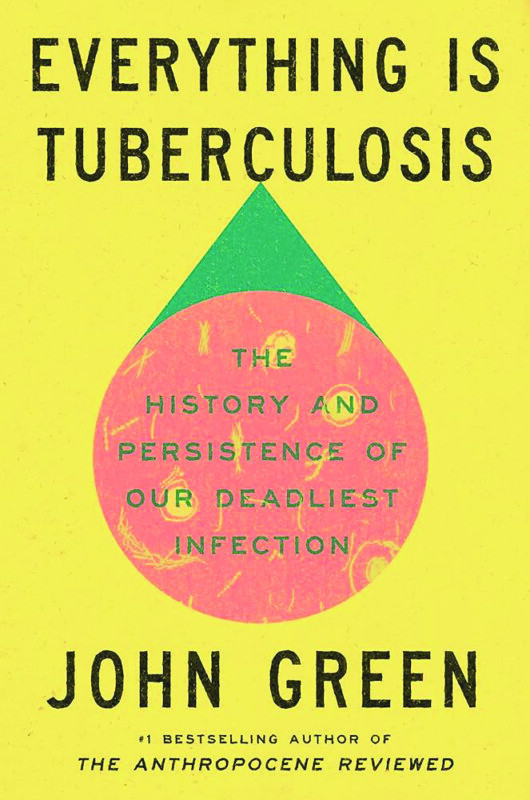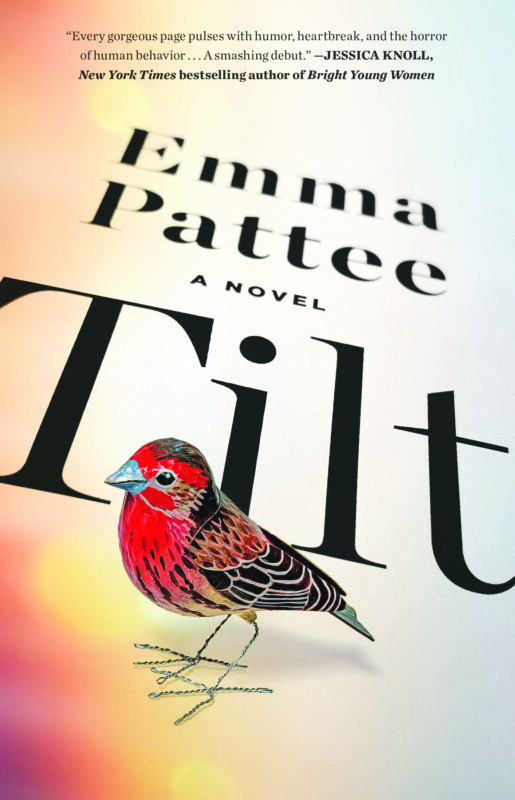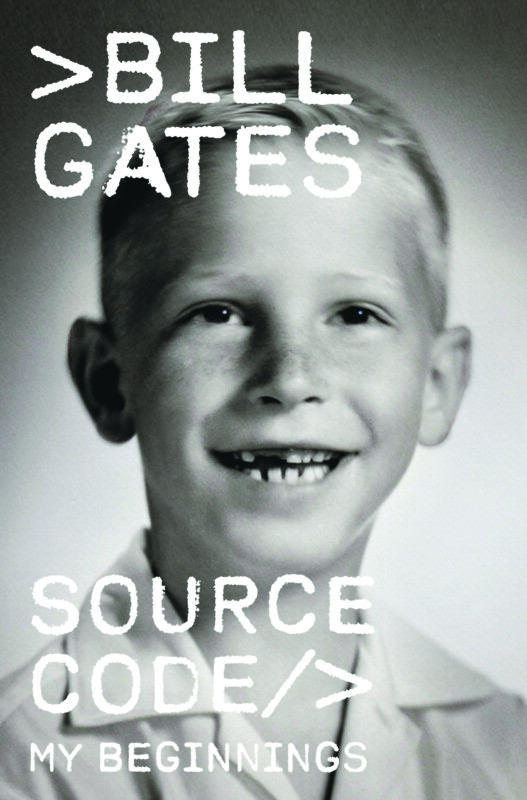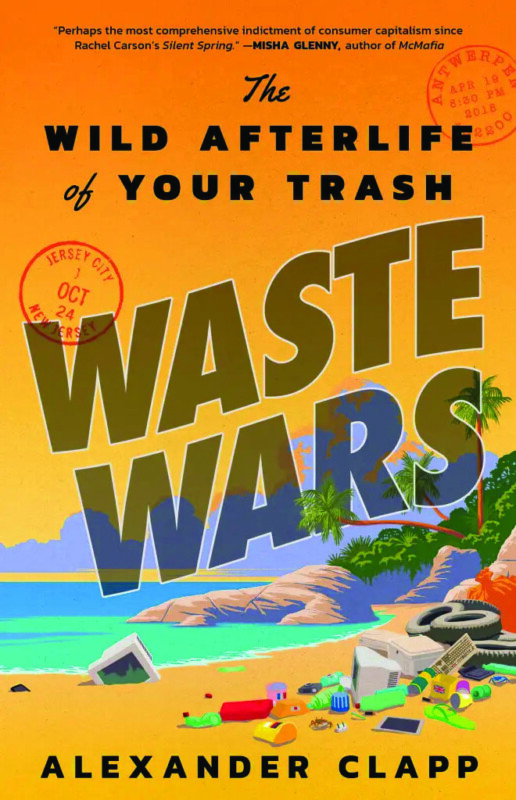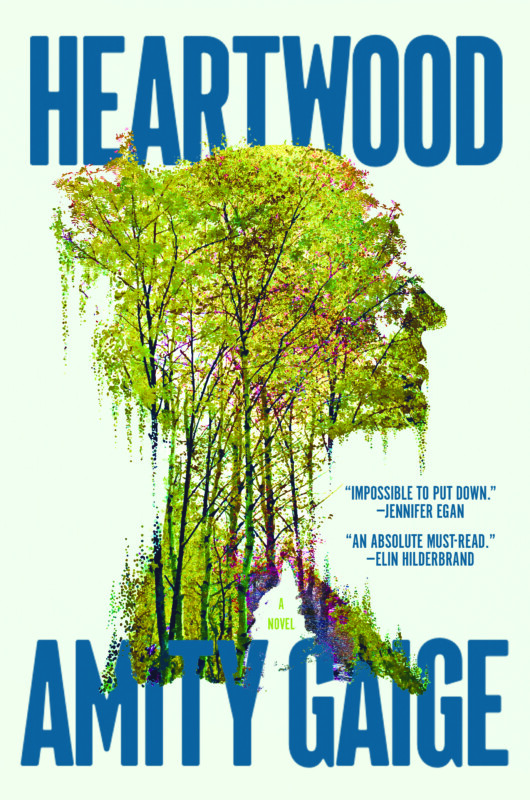How to Be Well, by Amy Larocca (Knopf, 291 pages)
At some undefined point between Helen Gurley Brown and Gwyneth Paltrow, women stopped the pursuit of beauty and replaced it with the pursuit of “wellness.” Wellness is an ill-defined concept, a mixture of good health (mental and physical), good vibes and excellent self-esteem, with the goal of becoming The Best Version of You, as the parlance goes. It is a $5.5 trillion dollar industry according to the Global Wellness Institute, encompassing far more than the pursuit of beauty ever did. (Have you checked the price of collagen peptides lately?)
It is also poorly regulated, and as such, women are subject to a barrage of dubious claims about procedures and products that are said to make them ever more well, while in fact the only certainty is that they will be ever more broke.
Journalist Amy Larocca takes one for the team in How to Be Well, venturing into the wellness space with a skeptical eye and a snarky voice. It’s not a spoiler to say that she was not especially impressed with what she found, given that the subtitle of the book is “Navigating Our Self-Care Epidemic, One Dubious Cure at a Time.” In other words, if you already have the sense that the colonics industry — which amounts to recreational irrigation of your colon — may be oversold as a life-changing procedure, if you’ve ever gone to Paltrow’s Goop website for a chuckle, you will love this book. If you are a devotee of all things Goop, it will only make you mad.
Larocca begins with a brief history of how wellness evolved. In 1979, she wrote, Dan Rather, on the TV show 60 Minutes, said “Wellness. That’s a word you don’t hear every day.” He was reporting on the Wellness Resource Center in California, and during the segment, asked clients if the idea wasn’t something akin to a “middle-class cult.” It seems prescient now, given the range of strange offerings in the genre, but it’s mostly mainstream. The wellness aisle at your drugstore, Larocca writes, may contain everything from mouthwash to lip gloss to nasal spray. Wellness also encompasses incense, apple-cider vinegar and goat yoga. “It’s a brew that has the potential to drive you nuts,” she writes.
She takes us from the Harvard-educated Dr. Andrew Weil to Dr. Frank Lipman, wellness guru to the stars, and Dr. Mark Hyman, a popular podcaster and proponent of “functional medicine,” which focuses on the root causes of illness and disease. (Lipman and Hyman, Larocca writes, “share a commitment to fascia rolling, morning sun exposure and a cold rinse at the end of a hot shower.”) She also introduces us to Robin Berzin, the founder of Parsley Health, a booming functional medicine practice with holistic doctors that sells memberships for $225 a month or $99 a month if you’re in-network. Parsley is a medical practice that presents as a spa; as with an airport lounge, members who live near a physical location in New York and Los Angeles can hang out there, even if they don’t have an appointment. The average American talks to a primary-care physician 19 minutes a year, Larocca writes, while Parsley members talk to a physician 200 minutes a year. Similar practices are rising up all over the country — but be careful, as wonderful as they may seem, Larocca notes that some of the physicians aren’t board-certified, which has long been the standard of care.
That’s only one aspect of wellness, however, which Larocca says “is every bit as much about looking better as it is about feeling better.” The essence is in the word “glow.”
“The term is so prevalent that it sometimes feels as if a simple replace-all function has been applied to the entire beauty marketing machine: Alexa, find ‘skinny’ and replace all with ‘strong’; find ‘beauty’ and replace all with ‘glow.’” Glowing can be achieved with exercise, with dry brushing (a kind of exfoliation), with supplements and gummies, with bone broth. There is, essentially, Larocca says, a “Glow Cinematic Universe.”
The author describes herself as a “secular atheist,” which sets her apart from the majority of Americans and also adds a certain acidic overlay when she is talking about things like prayer and meditation as part of wellness routines and fitness classes as “spiritual centers.” She believes that “the gospel of wellness” is replacing religious life, and that might be a good conclusion for anyone who, like the author, admits that “I don’t know many people with organized religious lives” which can also be interpreted as “I don’t know many people who aren’t like me.” By the time we get to her chapter that is simply titled “Cult,” the reader might get the sense that she’s not just talking about crystals and sound baths (meditation in which people are “bathed” in sound waves), but about any person who professes any kind of spiritual belief.
The only wellness practice she seems to respect throughout her journey is simple meditation — closing her eyes and repeating a mantra silently, twice a day, 20 minutes at a time. “… it was great to be so totally, completely still,” she writes. She also practices the 4-7-8 breathing technique to calm herself: breathe in for 4 seconds, hold your breath for 7 seconds, breathe out for 8 seconds. “There are technical reasons why it works: stress is all sympathetic nervous system; slow breathing stimulates the parasympathetic nerves, calming it all down. It’s simple, logical, direct. For me, it works.”
Summarizing her conclusions at the end, Larocca worries that we are replacing one set of disordered behaviors and practices with another set of disordered behaviors and practices. We don’t know the long-term effects of household chemicals on our health, but we also don’t know the long-term effects of the vitamins and supplements we are being sold today, she writes. What she knows to be true is mostly the stuff we already know: “Drink enough water. Sleep as much as you can. Eat big leafy greens instead of things you can’t pronounce.” And so on. But she also acknowledges, “What is most relevant to my health is my socioeconomic status.”
“What no one wants to say is this: what you really need is to be lucky, and what is often meant by ‘lucky’ is rich.” In other words, wellness might not be the cult of the middle class as Dan Rather once postulated, but the cult of the upper class. B —Jennifer Graham


